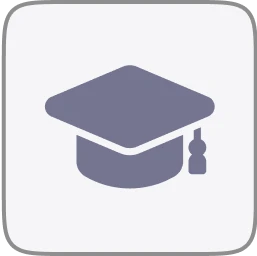
MFA in Computational Arts
Goldsmith University of London, London


Goldsmith University of London, London

MFA in Computational Arts
Goldsmith University of London, London
Degree
Postgraduate
Duration
24
Course Type
With Co-op
Co-op education gives you real-world experience in a job related to your studies.
INR
19.59L
USD 23050
1st Year Tuition Fees
Opening Soon